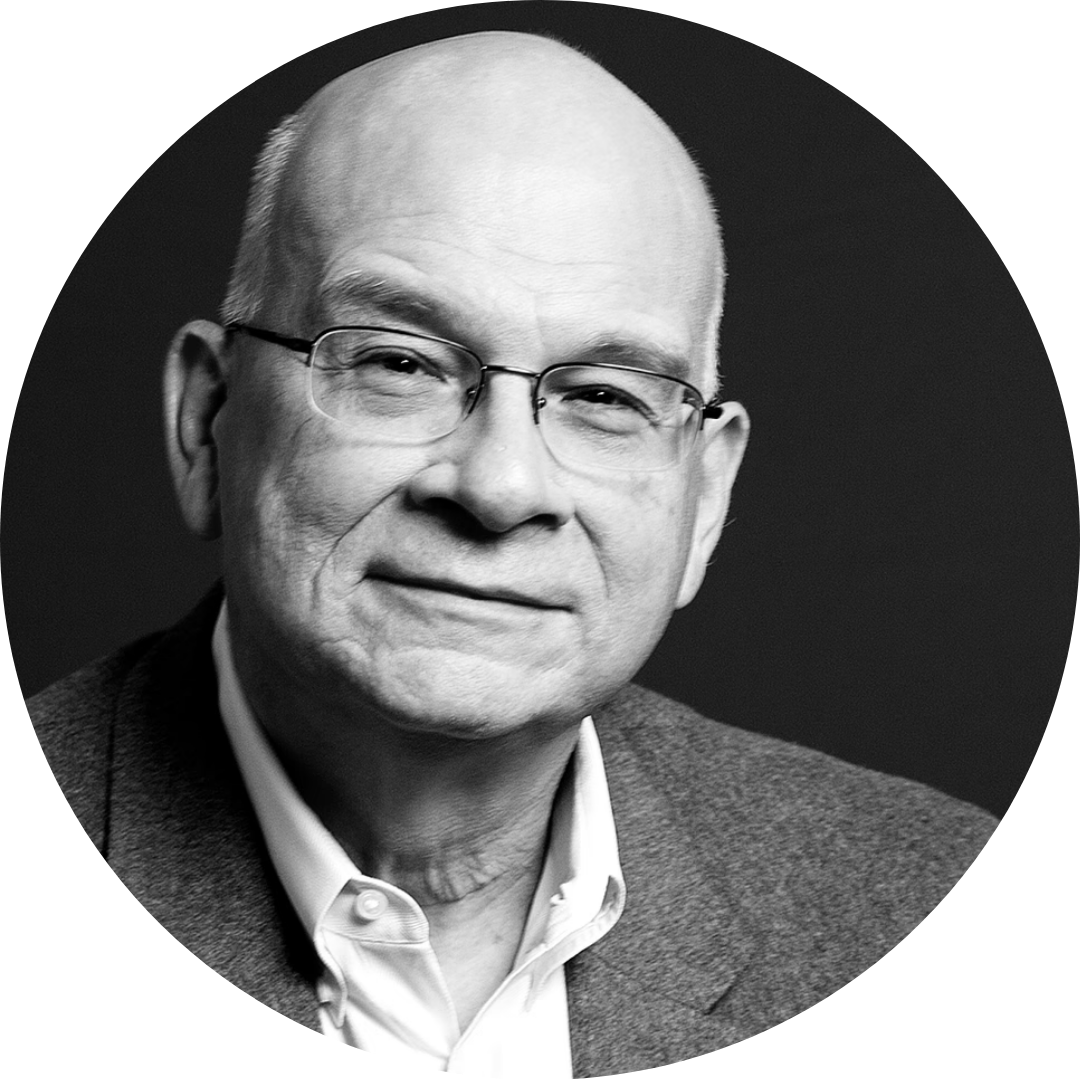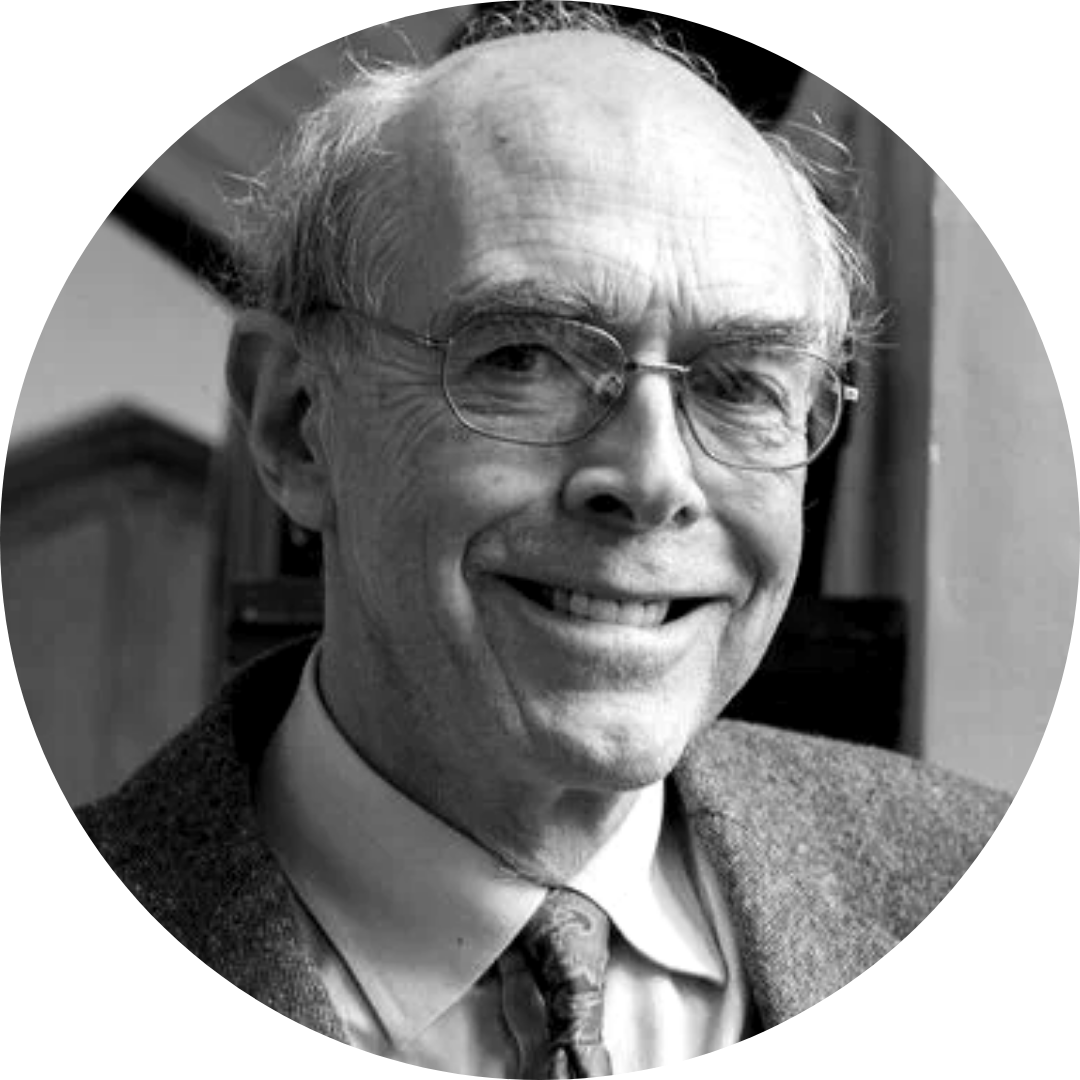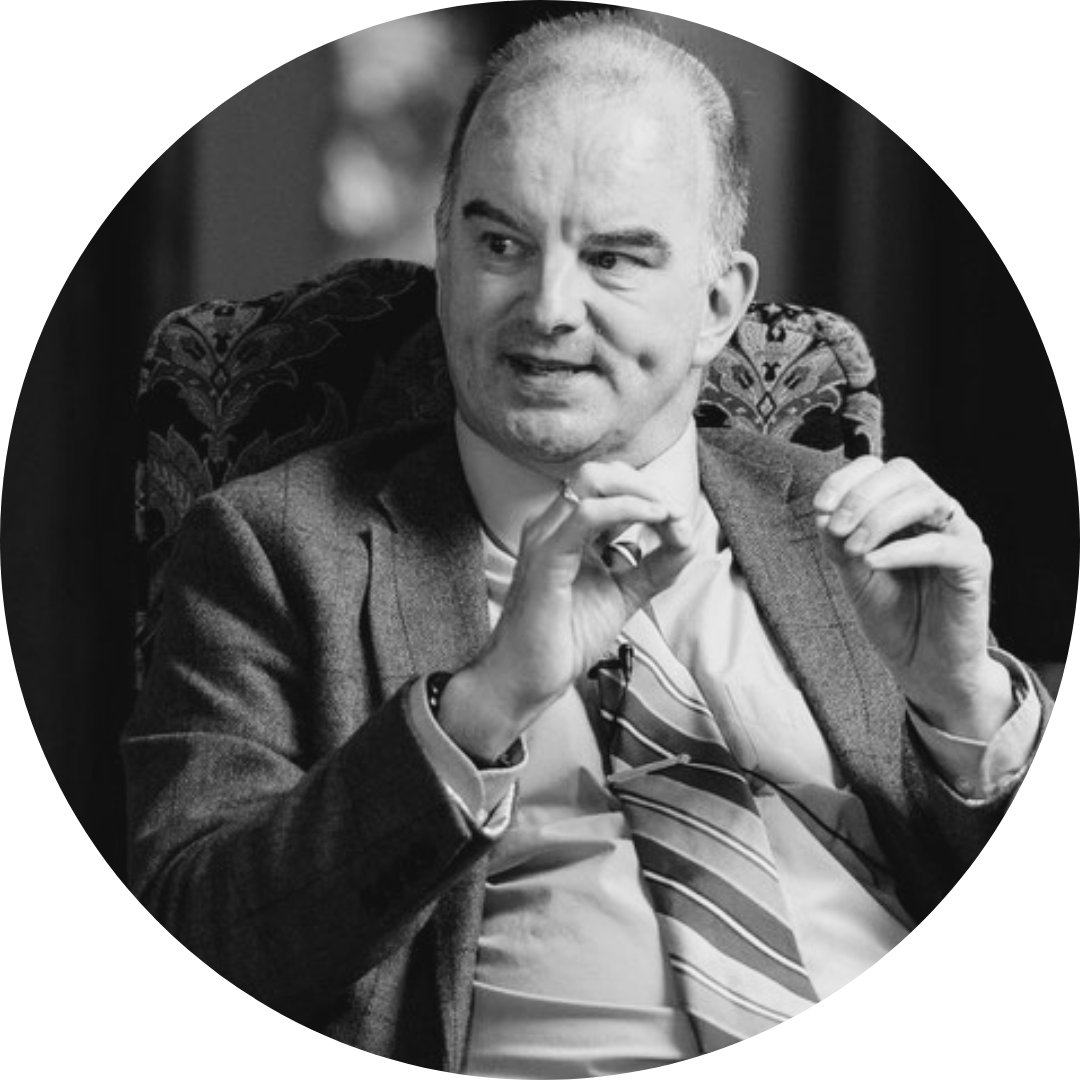The Next 20 Years of Mere Orthodoxy
Toward Renewing The Church and Culture In Our Day
The time for Mere Orthodoxy's next era has arrived.
Over the last 20 years, Mere Orthodoxy, was run by a single person on a shoestring budget. Despite it's limited resources, it has produced some of the most important and influential essays in contemporary American Christianity.
We now look ahead to the next 20 years, eager to charge ahead in our work of renewal.
To that end, we are raising $1,800,000.
This is for the future of Mere Orthodoxy, but more importantly, for the future of the church and culture.
We invite you to join us in the project.
Evangelicalism has fractured.
For nearly 75 years, Evangelicalism served as a via media between Fundamentalism and Modernism.

Figures like Billy Graham, John Stott, Carl Henry, Harold Ockenga, and later, Tim Keller charted a path that avoided the pitfalls of theological liberalism and moral legalism.
But over time, the movement began to break apart, veering into one ditch or another.
Rich Christian traditions, both liturgical and doctrinal, have been lost in the seeker-sensitive movement.
Prominent leaders have risen and fallen on the vapors of platform building and thin character.
The evangelicalism we once knew is no more.
What began as a renewal movement is now in need of renewal.
Many organizations tackle each of these individual aspects needed for renewal, but we see them as an integrated whole, starting with the individual and moving out to the wider culture.
Our moment requires a faithful remnant, dedicated men, women, and churches, who devote themselves to personal, familial, ecclesial, civil, and cultural renewal.
This means having a wholistic vision for all of life under Christ's rule and reign and embodying practices in their lives and communities to that are aimed at the renewal of all things.
-1.png?width=3375&name=Untitled%20design%20(3)-1.png)
Personal Renewal
Individuals must devote themselves to God. Each person must take their own spiritual formation seriously. Through prayer, scripture, church participation, and other spiritual disciplines, individual believers dedicate themselves to living all of life coram deo, before the face of God.
-1.png?width=3375&name=Untitled%20design%20(3)-1.png)
Family Renewal
Faithful families must dedicate themselves to raising their children in the training and instruction of the Lord, modeling Christ's example to them, and teaching them all that the Lord Jesus requires of them.
-1.png?width=3375&name=Untitled%20design%20(3)-1.png)
Church Renewal
Churches must commit to discipling their congregations in the foundational truths of our shared faith, retrieving liturgical elements of worship, and shepherding the flock. This is opposed to wavering on controversial issues, innovating weekend experiences, and building individual leader's platforms.
-1.png?width=3375&name=Untitled%20design%20(3)-1.png)
Civic Renewal
Our communities experience renewal when faithful individuals, families, and churches devote themselves to working for the good of those around them, building and sustaining new institutions as well as developing public policy that works for the flourishing of everyone.
-2.png?width=3375&name=Untitled%20design%20(4)-2.png)
Cultural Renewal
A world of renewed communities results in a renewed culture. As communities are transformed by the faithful presence of Christians, the culture is transformed in the light of Christ.
The Vision For Renewal
These three pillars are the supports that foster generational renewal

Tim Keller
Founding Pastor Redeemer Presbyterian Church
"Mere Orthodoxy is unique in the world of journals and journalism. First, it is committed to historic Protestant orthodoxy. Indeed it sees, rightly, far more resources in the work of early Protestant thinkers than modern evangelicalism does. Yet, secondly, it uses that orthodoxy to reflect on, critique, and engage with the most contemporary cultural developments. Third, it deploys many great younger Christian scholars whose voices are so important now. Mere O is important for Christians to read and support."

Oliver O'Donovan
Fellow of the British Academy and professor emeritus of Christian ethics and practical theology at the University of Edinburgh
"I find myself wondering whether the loss of grip on Christian morality and Christian ethical reflection that are so evident in pastoral ministry is simply one side of a loss of grip on theology… The ordained clergy are often, as it were, on the back foot themselves, in an important way, not resourced to cope with the sort of world they face in their parish… Given the provisions we make for them I’m not sure what else we can expect. That sounds a bit gloomy, doesn’t it? Well they can always subscribe to Mere Orthodoxy, and that will give them a little bit of help along the way."

Carl Trueman
Professor at Grove City College, Fellow at the Ethics and Public Policy Center
"In an era when the culture of online engagement tilts less towards the establishment of truth and more towards the scoring of points, Mere Orthodoxy is a place where intellectual engagement with pressing theological and cultural issues is pursued in a manner self-consciously connected to Christian character. It does not reduce thinking to soundbites, clickbait, or tribal signaling. Instead it seeks to promote thoughtful discussion on pressing topics that conduces to the peace, unity, and edification of God's people. Even when I disagree with the views expressed, I always find my own thinking challenged and sharpened. If you believe that the goal of Christian intellectual interaction is that we should grow both in truth and in character, Mere Orthodoxy should be on your regular reading list."
What Our Readers Say
"Mere Orthodoxy is my go-to for developing my thinking in a Christian way."
— A Mere Orthodoxy Reader
"Since finding Mere Orthodoxy, the content has pointed me toward good and beautiful things, helped me refine questions I didn’t know I had, and led me to become far more lucid about my faith and life."a
— A Mere Orthodoxy Reader
"I really appreciate Mere O, both when I agree and when I don't. It challenges me to think more clearly about why I believe what I believe."
— A Mere Orthodoxy Reader
20 Years of Faithful Presence
Mere Orthodoxy started in 2005 when Matthew Lee Anderson wanted to create a place for a group of his fellow Torrey Scholars to think in public. Since then, it has grown to one of the leading and most trusted voices in the Evangelical and broader Protestant world.
For the first 15 years of Mere Orthodoxy's history, there was no paid staff, no funding, and no strategic plan. That changed when our Editor-In-Chief Jake Meador cultivated a few pioneer donors to fund his work. But Mere Orthodoxy achieved its place in Christian media without the resources of its peers.
During the contentious cultural climate of the early 2020's, Mere Orthodoxy did not compromise its witness by appealing to the worst impulses of the far-right and far-left (which would have been easier to find funding for) but held the line of faithfulness. We believe we are today seeing the fruit of that season.
There has never been more momentum in the history of Mere Orthodoxy than there is right now. The opportunity before us is to mature our media organization into a generational institution that serves the church and culture as an agent for renewal.
Doing this requires partners. Faithful men and women who understand the need of the day, who refuse to react to every new challenge or retreat from the issues, but who desire to build the future they want to live in and pass on to future generations.
Join Us In This Mission
Your partnership is what makes this possible. Help us sow the seeds of renewal in our day.
Help us raise $1,800,000 to renew the church and culture.

